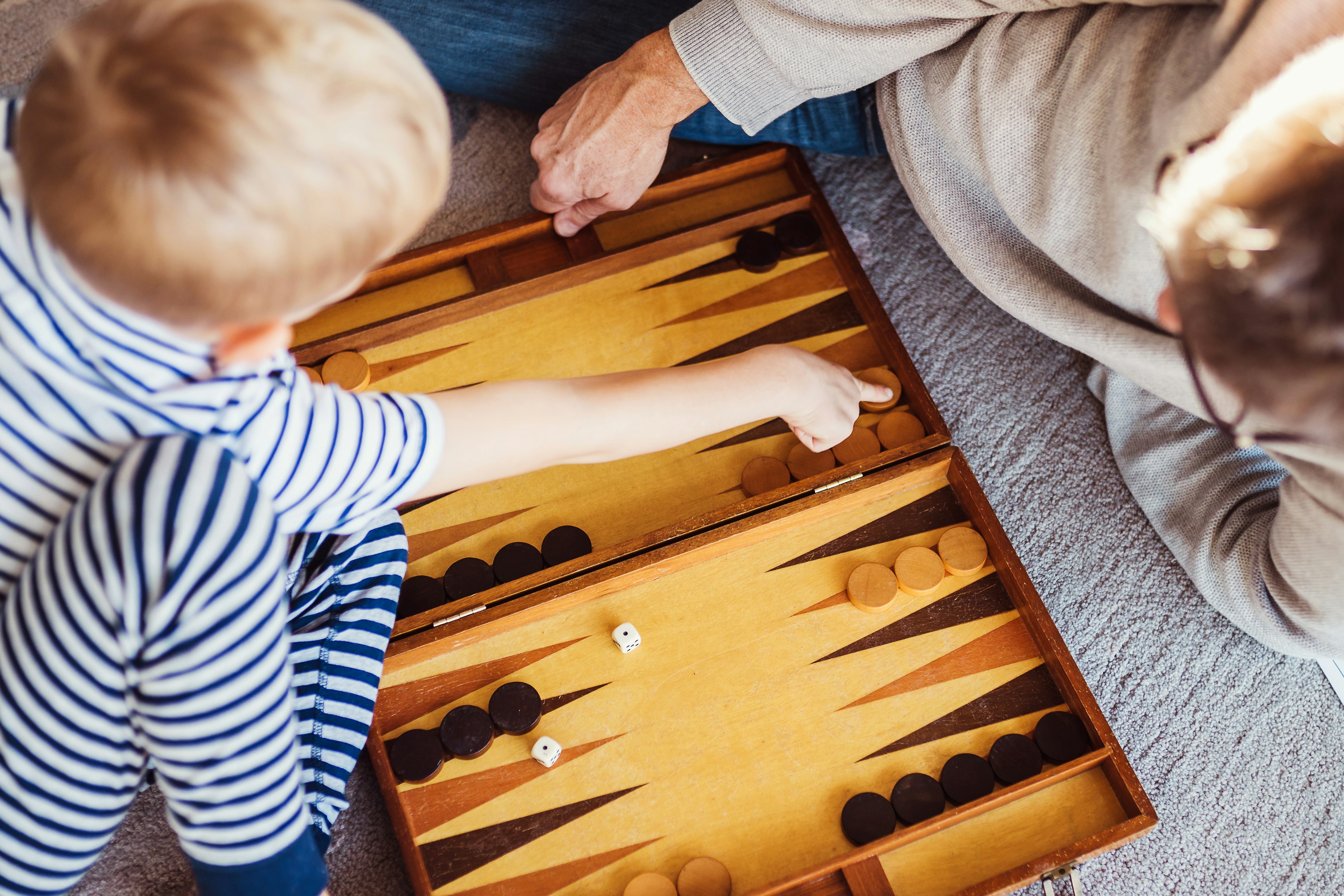What can travel lovers do to keep themselves occupied and distracted while isolating themselves during the COVID-19 coronavirus pandemic — and to make our future travels even more amazing?
More and more travellers are entering periods of social distancing and home isolation. Once the authorities give the all-clear, it’s up to us, as travel fans, to do our part in helping the places we want to visit to recover. And in the meantime, while we’re sensibly keeping to ourselves, here are a few suggestions for things to do at home to plan ahead so that your next trip is even more memorable.
Learn a language…or two, or more
Everyone loves a traveller who speaks their language, and keeping our minds occupied during periods of social distancing is super important. Stretch your brain muscles in some new ways by learning a language — these days there are so many ways that you can either brush up on a language you learned at school, or choose something entirely new to learn.
Duolingo is a great option, especially since it’s “gamified”: you can race your similarly isolated friends with points you win for completing individual courses. Babbel, too, has good reviews. Coursera and Udemy, meanwhile, focus on video, and there are a lot of resources on social video sites too. Try one (or more!) out to see which approach works best for you.
Once you’ve figured out the basics, finding someone to help you with the language is also a great way to keep your mind occupied and to replace some of the in-person social interactions that we’re lacking in isolation. Search for “online language tutor” — there are a lot of services that facilitate this sort of work — or ask around your friends.
The local embassy or consulate of the country whose language you’re looking to learn is also a great source (or a signpost to their cultural chamber or tourism bureau where you are) to help you find speakers who are both familiar with the way you speak your language and in your timezone.

Read, watch and listen widely about destinations and cultures
Is it possible to understand a culture without having read its literary greats? Sure. Is it more fun and more enlightening to expand your horizons and understand cultural references? Absolutely – and it can only serve to enrich your experience when you get to visit the destination.
Delve deeply into the language and culture of where you’d like to go: read novels, poetry, travelogues, histories and biographies. Historical travelogues, along the lines of that Great British Railway Journeys programme from the BBC, can be particularly fun to try to replicate when you're free to travel again.
If you run out of ideas from online searches, undergraduate university syllabuses are a great way to figure out both the basic and expanded canons.
Watch documentaries, operas (New York’s Metropolitan Opera is among those broadcasting great recording performances at the moment), concerts, and travelogues — and even live TV, whether in its original language or on foreign-language stations like NHK World or France24’s English channel. Of course, it maybe best to avoid 24-hour news channels at the moment.
Listen to podcasts or audiobooks, and either stream radio or listen to it live: again, some larger countries have foreign-language radio like the BBC World Service.

Develop hobbies popular in places you want to visit
Few things are better for understanding a country than knowing what its people like to do for leisure.
If you’re going to Japan, think about developing an interest in something like ikebana flower arranging or bonsai gardening, and then see whether there are festivals or courses in the areas you’re travelling to. For India, maybe look at some online yoga options, or tai chi if you’re heading to China.
Curated playlists on services like Spotify are great: find a new favourite K-pop or Cantopop artist and plan to hit up one of their concerts if you visit.
The same with a sport: never been to an Indian Premier League cricket match? Figure out how the game is played (you’ll need a long isolation period!) then pick your team and go watch them when you visit.

Teach yourself games that people play where you want to go
Board games and parlour games are superb, both for keeping you occupied and, later, for playing with people wherever you go.
From chess to go to backgammon to mahjong, the world is rich with fun ways to pass the time that can also be great to play with someone’s granny or grandpa when you’re travelling.
Card games, too, differ around the world: learn German skat or Ecuadorian Cuarenta, the French game of belote or the rather more riotous Finnish Paskahousu.
Lots of these can be played online with friends too, either via a game site, an app or even just starting up a video call, both of you getting out your chess sets, and pointing your phone at the chessboard, for example.
You may also like:
6 ways to satisfy your travel bug when you can't leave your house
Lockdowns and travel bans: how countries are dealing with COVID-19
COVID-19 outbreak: what travelers need to know about the coronavirus pandemic












